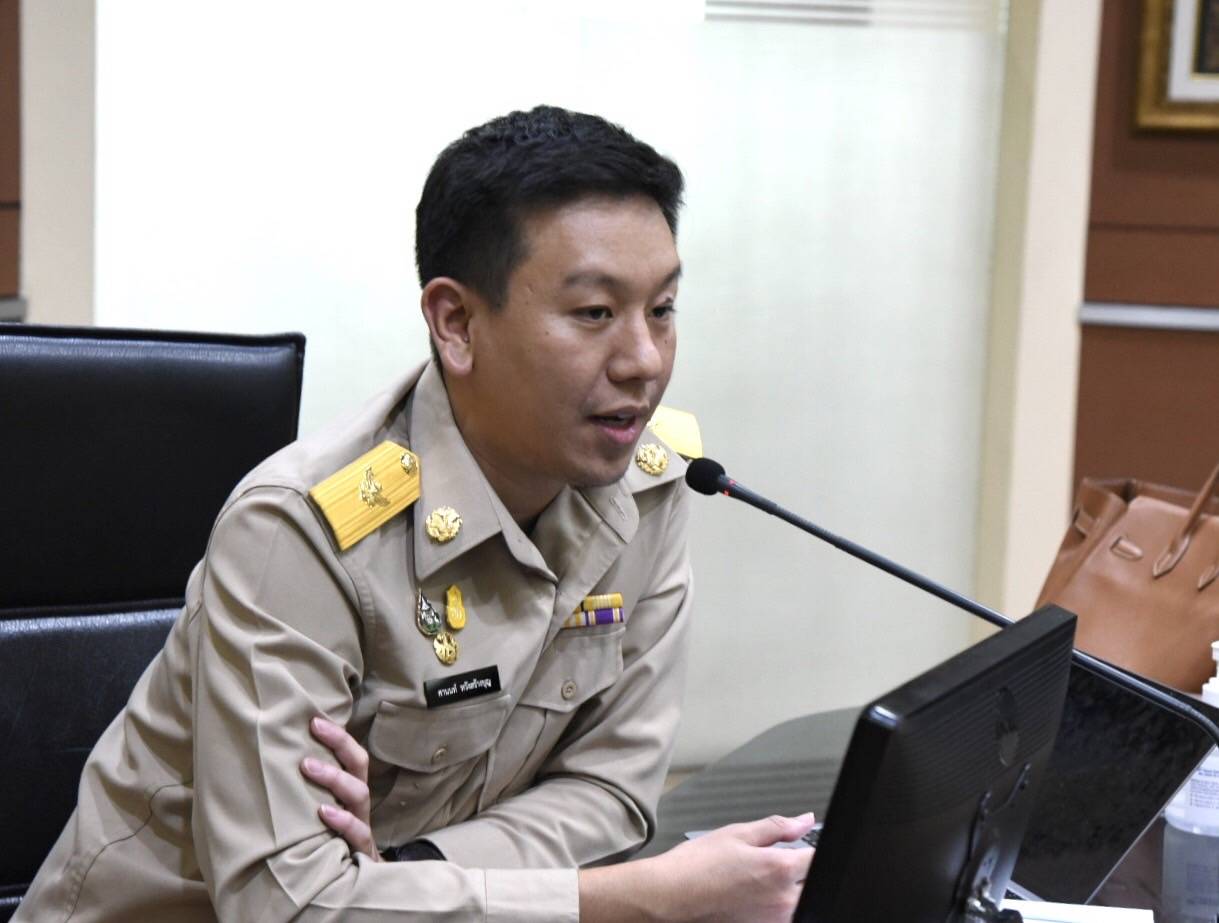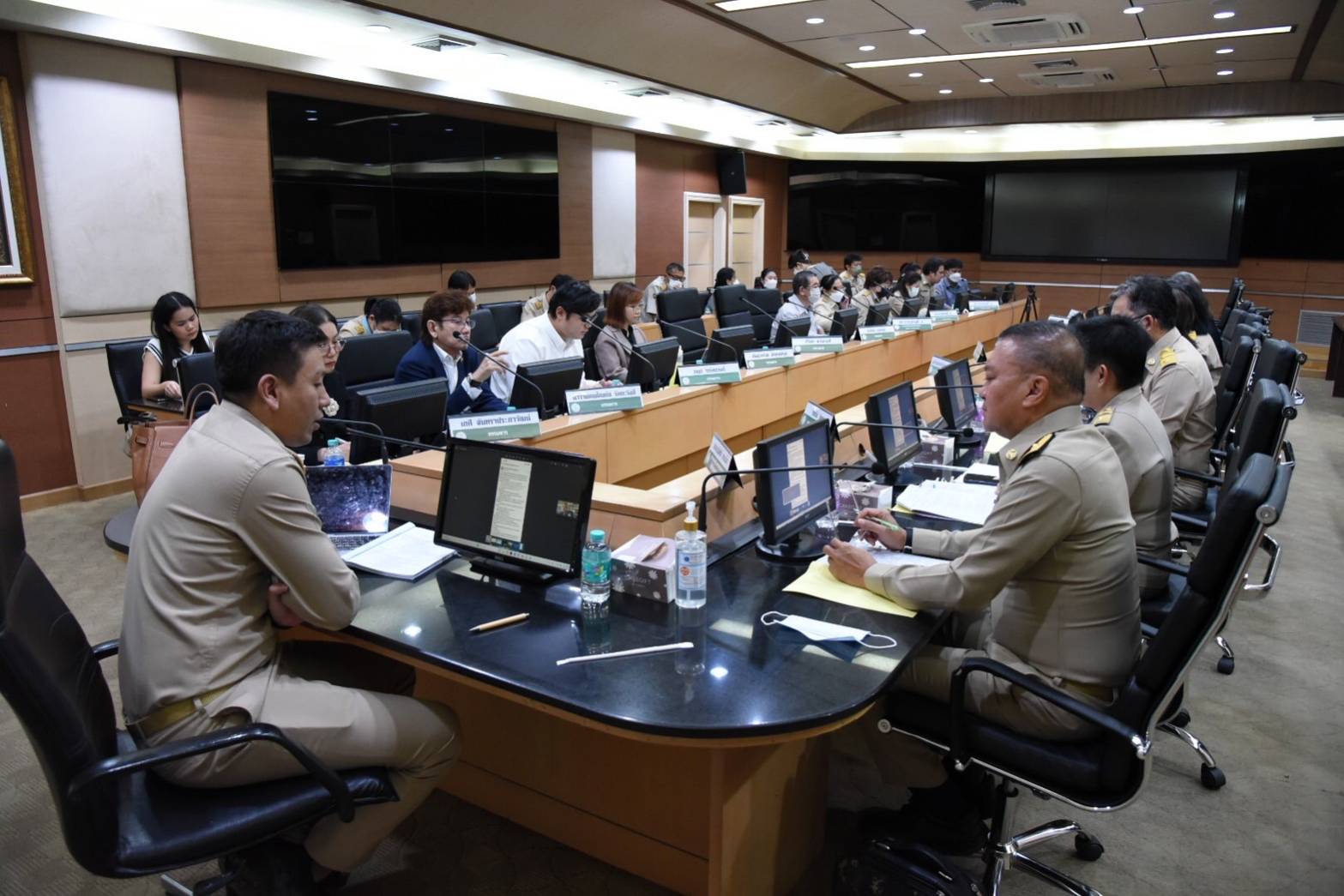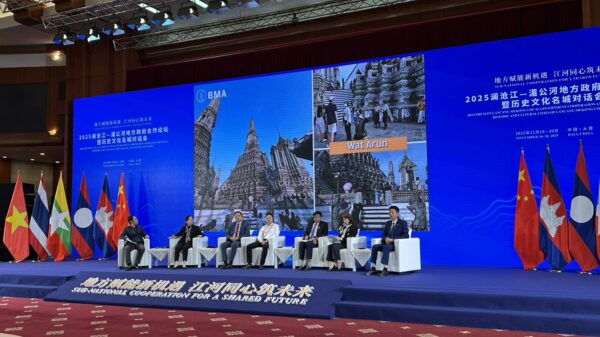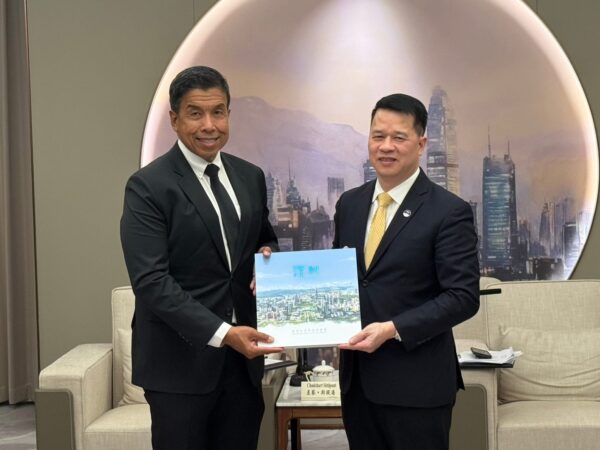
Bangkok Metropolitan Administration’s (BMA) committee on educational policies met on Tuesday at the City Hall in Phra Nakhon district to discuss the progress of the projects designed to improve the quality of education in city schools in accordance with the policies of Bangkok governor Chadchart Sittipunt.
The session was chaired by deputy governor Sanon Wangsrangboon.
1. Curriculum and learning policies. The plan to teach all kids to swim has faced difficulties because several schools have no swimming pool or no available swimming facility in the prescribed 5 km radius, especially in Nong Chok, Lat Krabang, Khlong Sam Wa, Nong Khaem and Bang Khun Thian districts. To resolve this problem, the committee approved the building of new pools and the expansion of others. The project will start at Nong Chok Pittayanusorn School, Waree Phirom Sport Centre, and Minburi Sport Centre. The committee also suggested using the facilities of private entrepreneurs to teach swimming to children in Lat Krabang and Bang Khun Thian districts.
2. Open education policies. The After School programme, implemented by the BMA’s Education Department together with the Saturday School Foundation, provides learning activities for students during weekends and after school hours. Meanwhile, the Optional Vocational Class programme has allowed secondary-level students to learn the vocational skills in which they are interested. By providing hands-on practice in various vocational subjects, the programme has helped students become familiar with real-world work, enabling them to decide on a career path in the future.
3. Teacher-related policies. The BMA’s Education Department has adhered to the motto “the teacher is key” by hiring additional school staff to help free teachers from administrative tasks so they can focus on providing education. The department has also been inviting qualified candidates to apply for teaching positions in subjects where instruction is lacking. The city is expected to welcome more qualified teachers in subjects such as educational guidance, special education, computer, technology, and international music by December this year.
4. Digital transformation policies. 598 computer labs and one computer learning centre have been built and/or improved at schools throughout the city in the past year. The BMA also started a digital classroom project at Thai Niyom Songkhro School in Bang Khen district on June 28 and is accepting donations of old computers from the public to be used in the project.
5. Student benefits-related policies. The first phase of the Thai School Lunch for BMA project has been implemented in 437 schools with the cooperation of the National Electronics and Computer Technology Centre and is providing nutritious breakfasts and lunches to school children daily while tracking their nutrition intake. Other policies include the handout of sanitary pads to female students, the relaxing of hairstyle rules, and allowing students to dress casually at least one day per week.
6. Education sandbox policies.




